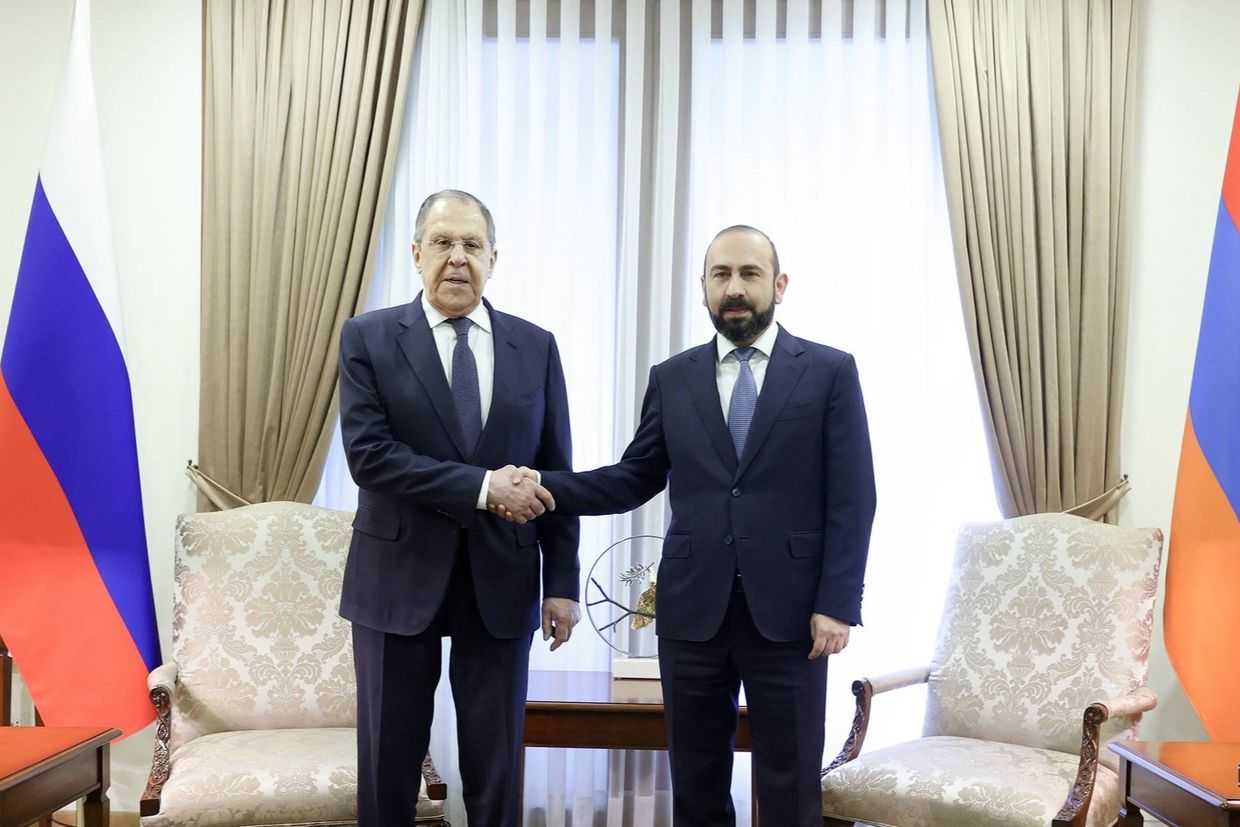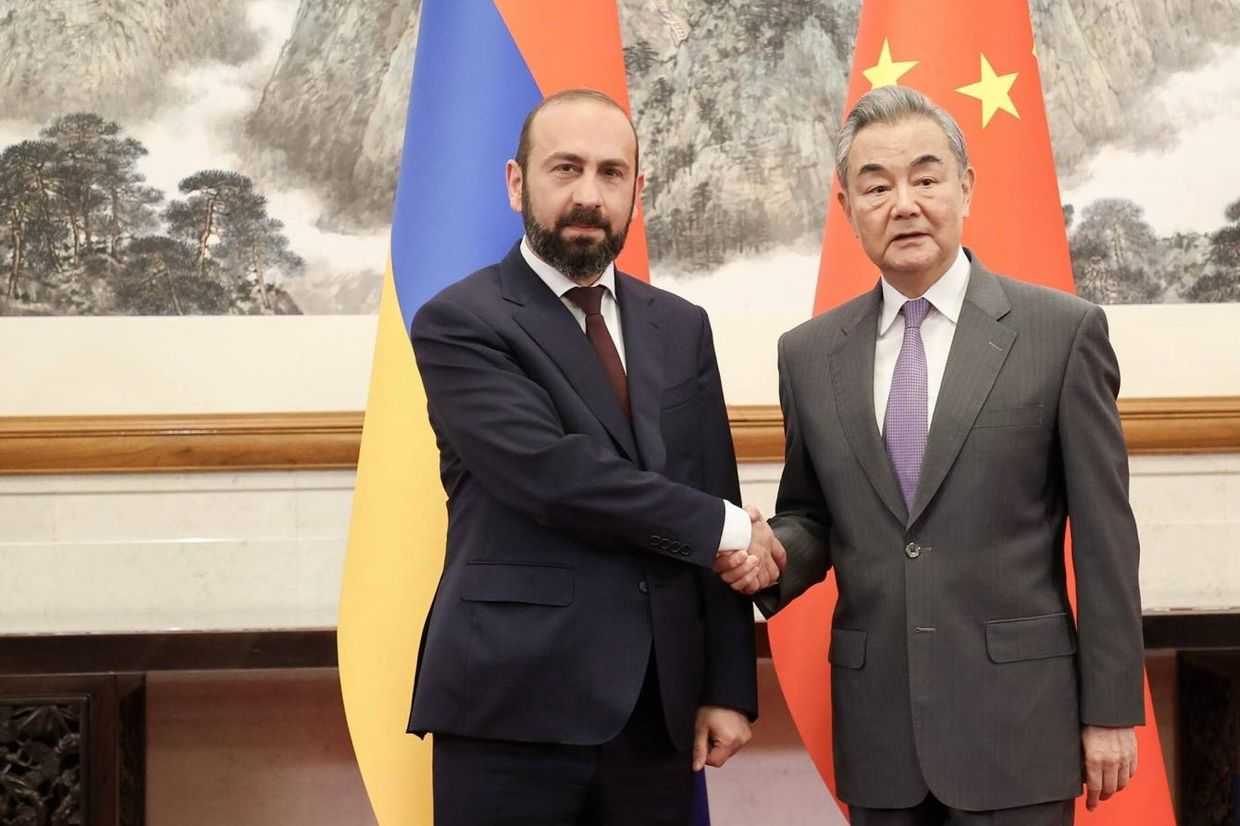
Twenty Armenian citizens who are also residents in Russia have ended their four-day-long hunger strike after the Armenian authorities promised to enter negotiations to allow 200 people whose situation is ‘urgent’ to return to Russia.
The hunger strikers, as well as several dozen fellow protesters, have been periodically organising protests in front of Armenia’s government building since early August.
They have been demanding permission to enter Russia, some seeking to be reunited with their families, others seeking to return to work.
Russia’s borders have been closed to Armenian citizens since winter. Armenia remains the only country of the Eurasian Economic Union (EEU) whose citizens are still restricted from entering Russia.
Armenia’s borders have been open since 10 September.
Remittances
Russia has the largest Armenian population outside Armenia and is the biggest source of remittances to Armenia, though they have sharply decreased since the COVID-19 pandemic.
According to the Central Bank of Armenia, compared to the previous year there was a 15.9% drop, equivalent to $31 million, in remittances from Russia in the first quarter of 2020.
In early September, Armenia’s Foreign Affairs Ministry stated that Armenia was in negotiations with Russia to allow flights between the two countries to resume and for allowing Armenian citizens to enter Russia.
On 4 September, Deputy Chairman of the Armenian Parliament, Alen Simonyan, met with the protesters and explained that restoring flights and overland transit to Russia is outside of Armenia’s jurisdiction. According to Simonyan, the decision belonged to Russia and Georgia.
‘I have no family here’
‘People are going on hunger strikes, or are bringing their children to the protests because they have no other option’, one of the protestors, who wished to remain anonymous, told OC Media. A resident of Russia, she had come to Armenia in January with her two children for medical treatment.
‘My husband is in Russia waiting for us,’ she said. ‘My children have to go back to kindergarten and school. I have no family here.’
Artur Voskanyan, one of the protest organisers who had also been on hunger strike, told OC Media that they had tried to reach out to the Russian Embassy themselves. However, they were told that they are all Armenian citizens and that the Embassy had nothing to do with. ‘They told us to demand our return from the Armenian government’, he said.
The list of 200 ‘urgent’ returnees was presented to Armenian authorities by the protestors on Tuesday. By afternoon that same day, the Armenian government promised to enter negotiations with Russia to allow these specific individuals entry into the country.
Voskanyan told OC Media he was optimistic. ‘Negotiations will start soon, even if that means we can go back in small groups over a short period of time’, he said.
Odd one out
On 21 September, Russia announced that it would open its border to all member states of the Eurasian Economic Union (EEU) except Armenia.
Officially Russia has not clarified why Armenia was excluded.
In a statement to Azatutyun, the Russian Embassy in Armenia explained that ‘decision to open the air borders between countries take place taking into consideration the sanitary and epidemiological condition in the given country, for example, the number of confirmed cases for every 100 thousand people in a two-week period, the indicator of the spread of the virus and the number of tests being carried out’.
In an interview with Azatutyan, political analyst Hakob Badalyan said that Russia’s decision is political. ‘If the issue was the coronavirus, then the number of confirmed cases in Russia and those EEU countries it has opened its border with have increasing numbers of confirmed cases,’ he explained. ‘The situation in Armenia is not that different’.







